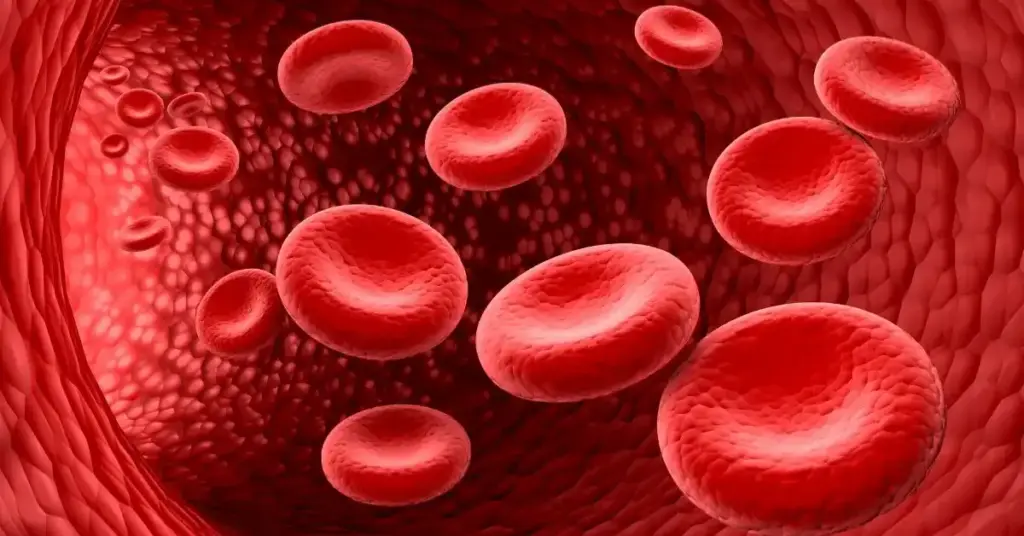
Oncology Treatment in Chennai offers access to cutting-edge therapies, experienced specialists, and comprehensive cancer care tailored to individual needs. Oncology is a medical specialty focused on the prevention, early detection, diagnosis, and treatment of cancer. It encompasses a wide range of specialties, from medical and surgical oncology to radiation therapy, all aimed at combating the uncontrolled growth of abnormal cells. With cancer cases rising globally, the field continues to evolve rapidly, driven by advanced research and technology.
Oncology is a field of medicine focused on recognizing, managing, and investigating various forms of cancer. It encompasses various branches like medical oncology, surgical oncology, and radiation oncology, each playing a critical role in a patient’s cancer journey. Experts offering oncology treatment in Chennai work within integrated cancer care systems, using a combination of therapies to achieve the best possible outcomes.
An oncologist plays a vital role in diagnosing, treating, and managing cancer, working closely with a multidisciplinary team to deliver comprehensive care. Their responsibilities include selecting appropriate therapies, monitoring progress, and ensuring that treatment plans are tailored to each patient’s unique condition.
Precise diagnosis is essential for successful cancer care, enabling oncologists to identify the cancer type, its stage, and how far it has spread. Early and precise detection significantly improves the success of oncology treatment in Chennai by guiding the choice of therapies and predicting outcomes.
Oncology covers a wide range of cancers, each varying in behavior, treatment response, and prognosis. Through specialized care such as oncology treatment in Chennai, patients benefit from targeted approaches based on the specific type and stage of cancer.
Cancer treatment is highly individualized, with the choice of therapy based on cancer type, stage, and patient-specific factors. Facilities offering oncology treatment in Chennai implement multimodal approaches, combining various therapies to enhance effectiveness and improve survival outcomes.
Oncology treatment in Chennai has evolved into a patient-centered model that blends medical innovation with compassionate care. From early diagnosis to precision-based therapies, leading hospitals are equipped to manage a wide range of cancers through multidisciplinary coordination. Radiation oncology and surgical options are tailored to each case, ensuring treatments are both effective and minimally invasive. Specialized care in pediatric oncology reflects a commitment to safeguarding the future of younger patients through gentle yet impactful approaches.
At Kannappa Memorial Hospital, patients receive advanced cancer care backed by skilled oncologists, cutting edge technology, and a focus on recovery and quality of life. Choosing the right treatment partner can make a life changing difference trust Kannappa Memorial Hospital for expert cancer care that prioritizes you.
Read Also: Best Blood Cancer Hospital in Chennai
Oncology Treatment in Chennai offers access to cutting-edge therapies, experienced specialists, and comprehensive cancer care tailored to individual needs. Oncology is a medical specialty focused on the prevention, early detection, diagnosis, and treatment of cancer. It encompasses a wide range of specialties, from medical and surgical oncology to radiation therapy, all aimed at combating the uncontrolled growth of abnormal cells. With cancer cases rising globally, the field continues to evolve rapidly, driven by advanced research and technology.
What is Oncology?
The Role of an Oncologist
Cancer Diagnosis in Oncology
Common Conditions in Oncology
Common Treatments in Oncology
Conclusion
Oncology is a field of medicine focused on recognizing, managing, and investigating various forms of cancer. It encompasses various branches like medical oncology, surgical oncology, and radiation oncology, each playing a critical role in a patient’s cancer journey. Experts offering oncology treatment in Chennai work within integrated cancer care systems, using a combination of therapies to achieve the best possible outcomes.
An oncologist plays a vital role in diagnosing, treating, and managing cancer, working closely with a multidisciplinary team to deliver comprehensive care. Their responsibilities include selecting appropriate therapies, monitoring progress, and ensuring that treatment plans are tailored to each patient’s unique condition.
Precise diagnosis is essential for successful cancer care, enabling oncologists to identify the cancer type, its stage, and how far it has spread. Early and precise detection significantly improves the success of oncology treatment in Chennai by guiding the choice of therapies and predicting outcomes.
Oncology covers a wide range of cancers, each varying in behavior, treatment response, and prognosis. Through specialized care such as oncology treatment in Chennai, patients benefit from targeted approaches based on the specific type and stage of cancer.
Cancer treatment is highly individualized, with the choice of therapy based on cancer type, stage, and patient-specific factors. Facilities offering oncology treatment in Chennai implement multimodal approaches, combining various therapies to enhance effectiveness and improve survival outcomes.
Oncology treatment in Chennai has evolved into a patient-centered model that blends medical innovation with compassionate care. From early diagnosis to precision-based therapies, leading hospitals are equipped to manage a wide range of cancers through multidisciplinary coordination. Radiation oncology and surgical options are tailored to each case, ensuring treatments are both effective and minimally invasive. Specialized care in pediatric oncology reflects a commitment to safeguarding the future of younger patients through gentle yet impactful approaches.
At Kannappa Memorial Hospital, patients receive advanced cancer care backed by skilled oncologists, cutting edge technology, and a focus on recovery and quality of life. Choosing the right treatment partner can make a life changing difference trust Kannappa Memorial Hospital for expert cancer care that prioritizes you.
Read Also: Best Blood Cancer Hospital in Chennai
Oncology is the branch of medicine that deals with the prevention, diagnosis, and treatment of cancer. While oncology doesn’t mean cancer itself, it is closely associated with it. An oncologist is a medical professional who specializes in treating cancer using various methods, including chemotherapy, radiation therapy, and surgical interventions.
Oncology focuses on treating cancer, and while not all cancers can be cured, many are treatable and even curable, especially when detected early. Advances in medical research, early diagnosis, and targeted therapies have significantly improved outcomes, offering hope for remission, long-term survival, and in some cases, complete cancer cure.
Cancer prevention involves healthy lifestyle choices like eating a balanced diet, avoiding tobacco and excessive alcohol, exercising regularly, and maintaining a healthy weight. Regular screenings, vaccinations (like HPV and Hepatitis B), sun protection, and avoiding exposure to harmful chemicals can also reduce cancer risk. Early detection greatly improves outcomes.





